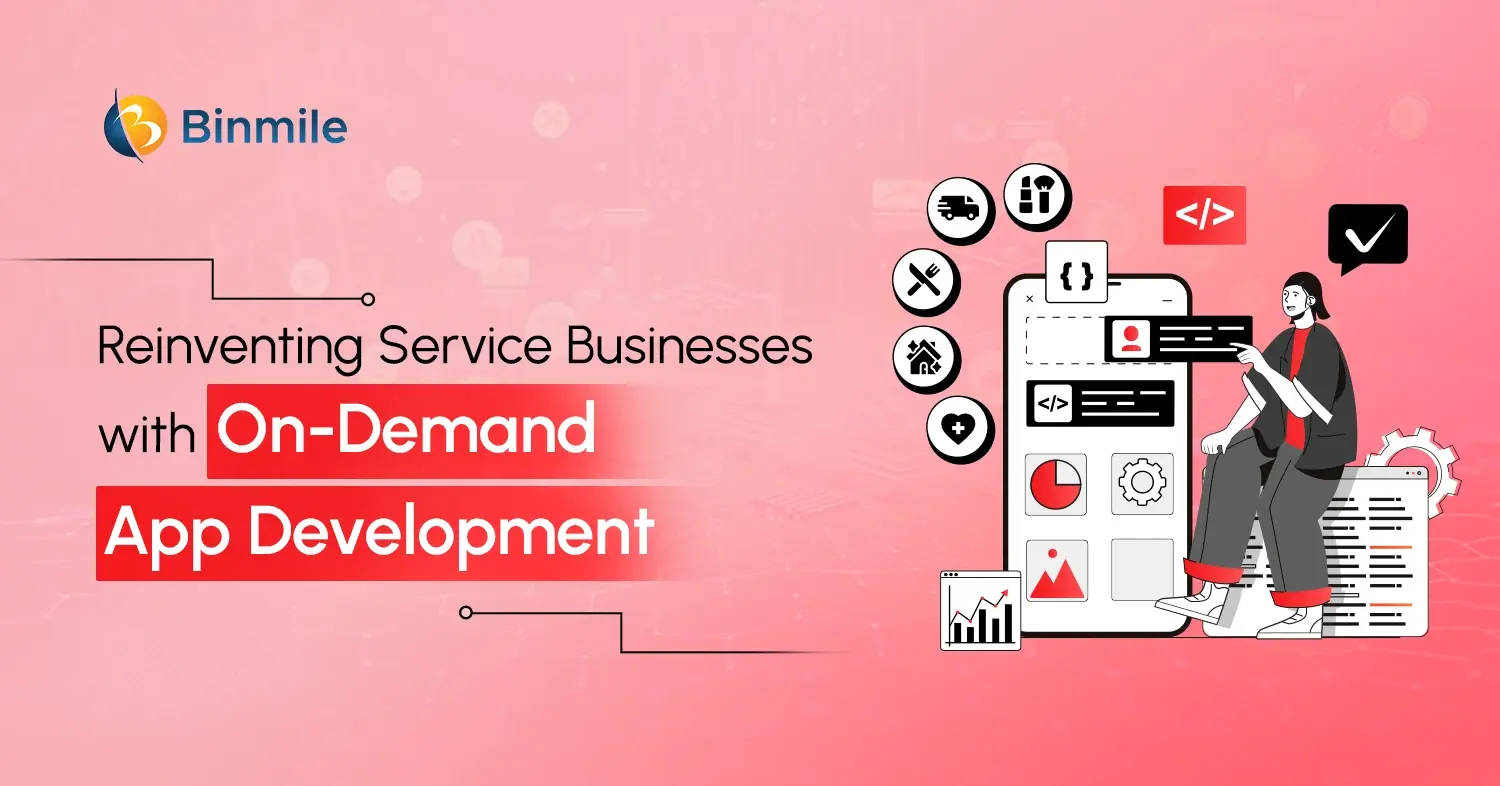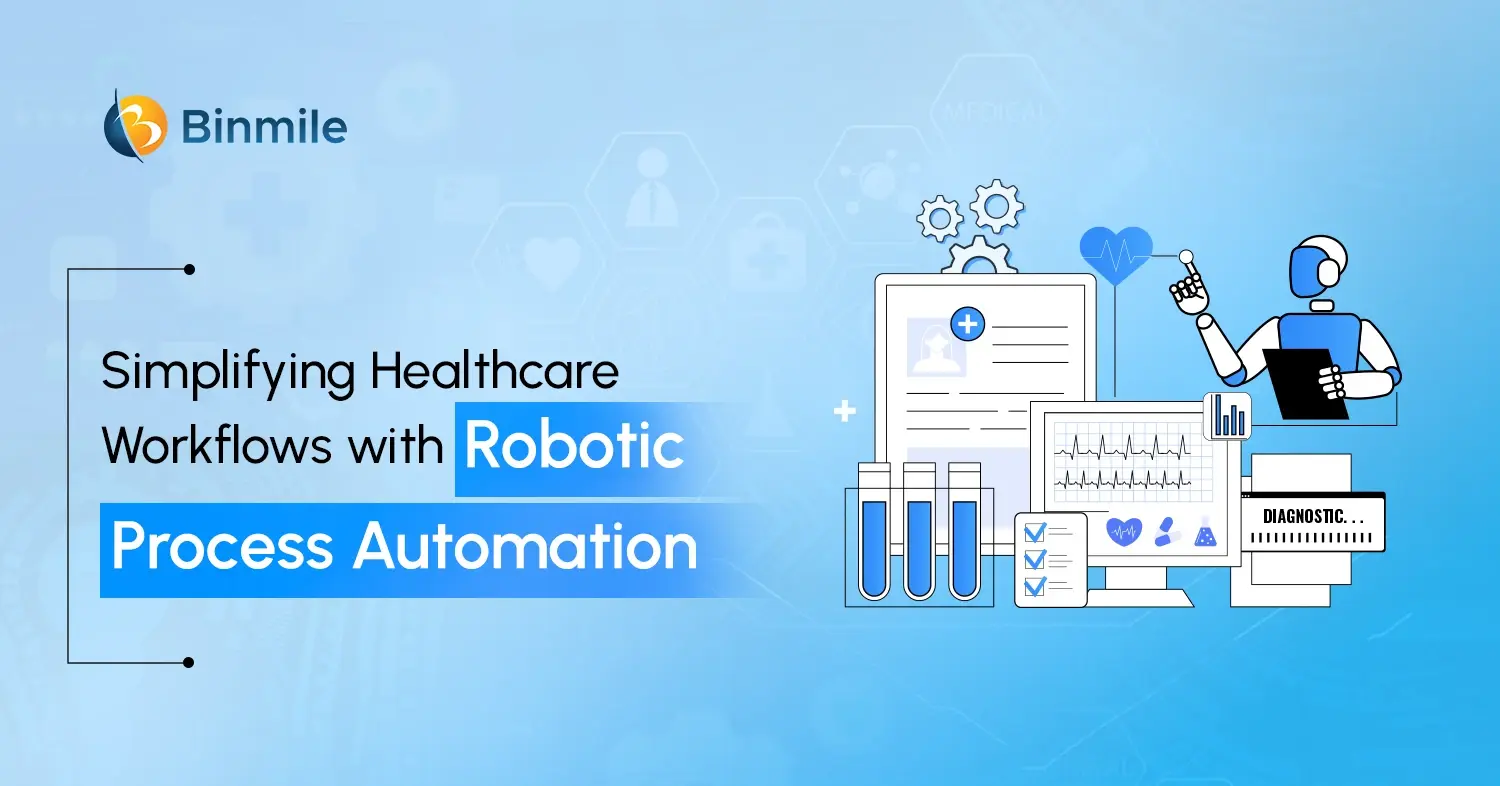Microsoft Dynamics 365 has emerged as a powerful solution for organizations seeking to streamline operations, enhance customer experiences, and drive digital transformation. However, successful implementation isn’t as straightforward as flipping a switch. Businesses often encounter a host of challenges that, if not addressed proactively, can turn a promising project into an expensive, time-consuming struggle. From misaligned expectations and data migration hurdles to user resistance and security pitfalls, navigating these complexities requires strategic planning and informed decision-making. In this blog, we break down the major challenges enterprises face and how to overcome them effectively.
3-Stage Microsoft Dynamics Implementation Challenges
With Microsoft Dynamics 365, organizations easily streamline processes in a unified way. These processes are streamlined across marketing and sales, customer service, field service, and project service automation. When we talk about Dynamics 365 implementation issues, customers face challenges of Achieving user adoption; finding the right CRM solution provider; planning the right integration approach; managing schedule and cost overruns, and setting success criteria and clear objectives. Typically, there are three most common Dynamics 365 implementation challenges: Pre-implementation, during-implementation, and post-implementation.
1. Pre-Implementation Challenges
- Unclear Scope and Budget Constraints: Lower investment for time and budget for requirements discovery; miscalculating customization, infrastructure, and implementation costs; undermining quantity and data quality before migrating; miscalculating integration efforts, resistance, and training costs
- Inexperienced Solution Provider: Lack of adequate experience, process maturity, or technology with Dynamics 365 and unable to deal with implementation challenges confidently
- Complexities in Management Approval: Unable to get management approval for implementing Dynamics 365 project; plan managed without the active participation of management; users not sure about Dynamics 365 project benefits; management delaying Dynamics 365 adoption
- Unrealistic Expectations: Not deploying and completing projects in a fixed time frame; targeting all project objectives during the initial launch; not focusing on the ‘Agile’ methodology, and underestimating end-user transition
2. During Implementation Challenges
- Changes in Key Stakeholders: Sudden changes in core Dynamics 365 deployment team; internal Dynamics 365 resources changing their roles; new experts joining the organization; Dynamics 365 provider makes changes in the core team
- Changes in Business Priorities: Restructuring the budget of project; regulatory environment; and focus on acquisitions and mergers
3. Post-Implementation Challenges
- Lack of User Adoption: Miscalculation about the use of the software after implementation; organizations don’t possess a proper strategy
- Lack of Actionable Insights: Dynamics 365 tool fetches the data, not draw assumptions; a connected team can’t think out-of-the-box; the team needs data to make balanced and timely decisions
- Complications in Information Security: Industrial surveillance in some regions; conflicting encryption standards; and government access and control over data
Overcoming the Most Common Microsoft Dynamics Implementation Challenges
1: Misalignment Between Business Requirements and Solution Design
One of the most critical mistakes in Microsoft Dynamics implementations is the failure to correctly align the software solution with actual business needs. Often, the technical team focuses too much on the platform’s features without understanding the business goals. For example, a retail company may want Dynamics to streamline inventory management but end up with a system optimized for customer service instead. This misalignment leads to rework, low adoption rates, and wasted investment.
Why it Happens:
- Poor communication between IT and business stakeholders
- Lack of detailed requirement gathering sessions
- Rushing into implementation without discovery workshops
How to Avoid It:
- Conduct business process mapping exercises
- Prioritize must-have vs. nice-to-have features
- Involve end-users in requirements gathering
Popular Example:
When IKEA rolled out Dynamics, they dedicated six months purely to mapping every store operation before writing a single line of code.
2: Over-Customization vs. Smart Configuration
Microsoft Dynamics is extremely flexible, but that flexibility can be dangerous if used without discipline. Over-customizing the platform—modifying its core workflows, creating complex plug-ins—can make upgrades nearly impossible and increase future maintenance costs.
| Factor | Smart Configuration | Over-Customization |
|---|---|---|
| Upgrade Readiness | Easy upgrades | High risk of breakage |
| Time to Deploy | Quicker | Much longer |
| Cost Over Time | Controlled | Spirals due to rework |
Key Issue:
Many businesses wrongly believe their processes are “unique” and need full customization. In reality, 70-80% of requirements can usually be fulfilled with configurations alone.
Popular Example:
Adidas used out-of-the-box features of Dynamics Customer Insights to avoid complex customizations, allowing faster market rollouts.
3: Poor Data Migration Strategies
Bad data in means bad results out. Organizations underestimate the complexity of migrating legacy data into Microsoft Dynamics—leading to data integrity issues, customer dissatisfaction, and operational chaos post-go-live.
Common Challenges:
- Duplicate customer profiles
- Missing key fields (like email, phone)
- Incorrect data mapping from old systems
Best Practices:
- Clean and validate legacy data before migration
- Use specialized ETL (Extract-Transform-Load) tools
- Perform trial migrations and dry runs
Popular Example:
A global shipping company failed to migrate order histories correctly, resulting in clients losing visibility into their shipping past—a blow to customer trust.
Tool Tip:
Use KingswaySoft or Scribe Online for seamless Dynamics integrations and data migrations.
4: Ineffective Change Management and User Training
Even if the system is perfect, poor user adoption can wreck the project. Employees often resist new technology when it disrupts their daily workflow. Dynamics 365 offers a lot of functionality, but without proper onboarding, users will revert to old habits.
Symptoms of Poor Change Management:
- Low CRM login rates
- Users maintaining manual spreadsheets
- Increase in IT support tickets post-launch
Solutions:
- Identify and train “power users” early
- Create reward mechanisms for CRM usage
- Deliver role-based personalized training
Real-World Example:
Heineken’s Dynamics CRM rollout succeeded largely because they created a “CRM Hero” campaign internally, making adoption a celebrated achievement.
5: Choosing the Wrong Implementation Partner
Not all Microsoft partners are created equal. Choosing a partner unfamiliar with your industry can lead to solutions that technically “work” but don’t actually serve business needs.
Risk Factors When Choosing Poor Partners:
- Little/no industry-specific experience
- Poor post-implementation support
- Lack of transparency in budgeting and delivery timelines
Checklist for Selecting the Right Partner:
- Verify Microsoft certifications (Gold Partner status)
- Review real-world case studies and references
- Ensure cultural fit and communication transparency
Popular Example:
A global pharmaceuticals company avoided disaster by switching mid-project to a Dynamics Partner with healthcare compliance experience, ensuring HIPAA rules were respected.
6: Budget Overruns and Delayed Timelines
Misjudging project complexity often leads to projects exceeding budgets and missing critical deadlines. This can be catastrophic for businesses that depend on Dynamics for daily operations.
| Factor | Result When Ignored |
|---|---|
| Scope Creep | Ballooning costs |
| Insufficient Testing | Post-launch breakdowns |
| Ignoring Integration Needs | Project delays |
Proactive Steps:
- Set realistic project milestones
- Use agile sprints for incremental delivery
- Regularly review and adjust scope
Real-World Example:
A leading insurance company saved 18% on its Dynamics project by using phased go-lives based on department readiness rather than a single “big bang” deployment.
7: Security, Compliance, and Regulatory Risks
Microsoft Dynamics 365 offers robust security features—but only if properly configured. Many enterprises assume Dynamics is “secure by default,” leading to gaps that can expose sensitive information.
Common Mistakes:
- Poorly set user access controls
- Not enabling audit trails
- Ignoring region-specific data residency laws
Essential Security Measures:
- Role-based access control
- Multi-factor authentication (MFA)
- Data Encryption at Rest and In Transit
Example:
A European e-commerce company faced GDPR penalties because their Dynamics system stored customer data in U.S. data centers without consent.
Success Tip:
Use Microsoft’s Compliance Manager tool to monitor adherence to standards like GDPR, HIPAA, or ISO 27001.
8: Lack of a Post-Implementation Optimization Plan
Many businesses think their job ends once the system goes live. In reality, Microsoft Dynamics needs continuous optimization to stay aligned with evolving business needs.
Consequences of Neglect:
- Falling behind competition in features and integrations
- User frustration from stagnant system experience
- Reduced ROI
Ongoing Improvements Should Include:
- Quarterly system health checks
- Biannual user feedback surveys
- Regular updates based on Microsoft’s release wave upgrades
Example:
Pandora Jewelry boosted customer loyalty by continuously enhancing their Dynamics setup, including AI-driven recommendations every six months.
Ways to Avoid Challenges Faced While Implementing CRM
- Set a budget with proper planning as the cost is significant challenge businesses face while implementing. Know why you need Dynamics 365. Get a clear picture before implementing CRM.
- Define your objectives and functionalities and work toward making them measurable metrics. Work on features that give you an edge for a smooth Dynamics 365 implementation.
- Before you compare all deployment costs and budget, including infrastructure, resources, upgrades, and maintenance, don’t jump to any conclusion.
- Provide proper support and training for increased user adoption to maximize the system functionality and usability and increase the ROI.
- Make a Dynamics 365 integration plan with other business solutions and avoid information and implementation overload.
- Partner with a Dynamics 365 expert or hire an experienced CRM solution provider who can help you with all three stages of implementation with adequate strategies. Also, list down all implementation risks before you sign the contract.
Also Read : Microsoft Dynamics 365 for Businesses.
Dynamics 365 Implementation Service Provider
There is no shortage of Dynamics 365 experts who offer software implementation services across different industries. All you need to do in these conditions is to choose the best resources to achieve seamless connectivity, enhance social engagement, improve customer service, increase return on investment, realize valuable insights from data, shorten the sales cycle, and deploy and scale efficiently. Such experts make a difference to your software implementation needs with the following services types. These include:
- Full cycle implementation of ERP and CRM
- On-premise, cloud, and hybrid models
- Project recovery or re-implementation
- Rapid deployment “Jump-start”
- Version upgrades
Microsoft Dynamics 365 implementation can bring drastic changes if you address and deal with different implementation challenges and issues. A smooth and hassle-free implementation process can improve the process of marketing, sales, and customer service.
Conclusion
Microsoft Dynamics 365 has the power to revolutionize operations, but success hinges on much more than just installing the platform. True success comes from strategic planning, disciplined execution, proactive change management, continuous optimization, and collaboration with the right technology partners.
Businesses that anticipate these challenges early and prepare for them diligently can fully unlock the potential of Dynamics—driving productivity, innovation, and future-proof growth.
Frequently Asked Questions
Managing Microsoft Dynamics implementations requires careful planning, stakeholder coordination, change management, and technical expertise. Without a structured approach, businesses can struggle with project delays, budget overruns, and underutilization of system capabilities.
To overcome dynamics implementation challenges, companies should invest in proper training, choose the right implementation partners, maintain clear communication among teams, and adopt a phased rollout strategy instead of a full-scale launch.
Successful MS Dynamics implementation involves clear business requirement gathering, stakeholder involvement, strong project management, robust data migration strategies, and post-go-live support for continuous improvement and user adoption.
Change management is critical in implementing Dynamics 365. It ensures employees are prepared for the new system, helps minimize resistance, and promotes smoother transitions by fostering user engagement and training.
Yes, partnering with experienced consultants like Binmile can greatly simplify Dynamics 365 implementation. Experts bring best practices, technical expertise, and a structured roadmap that minimizes risks and maximizes system efficiency.









